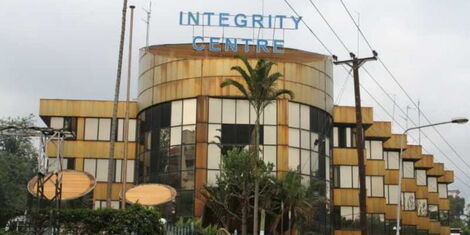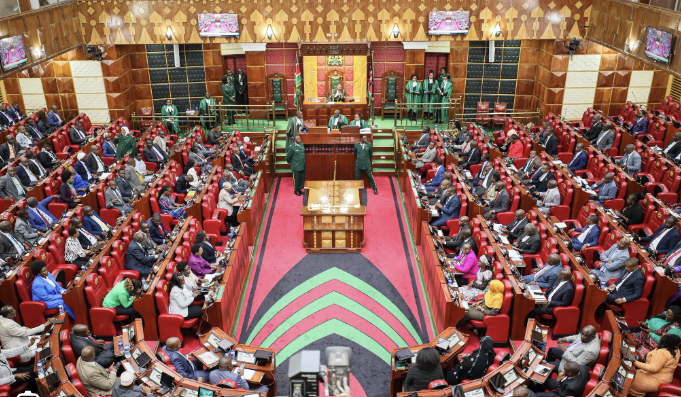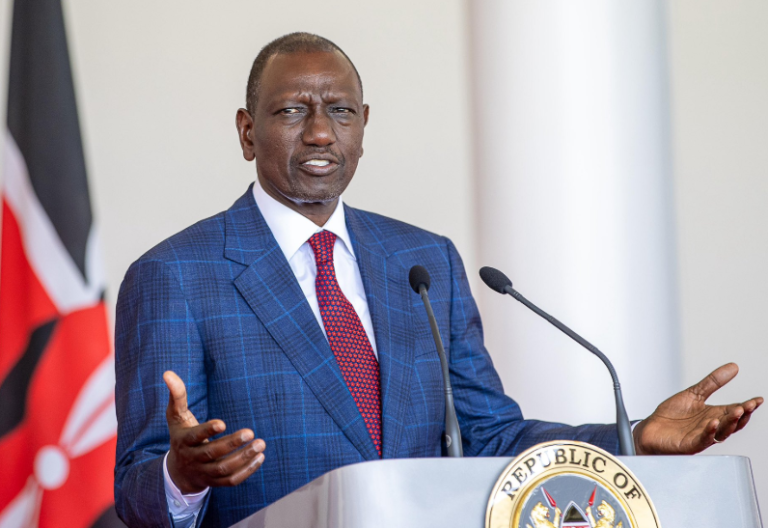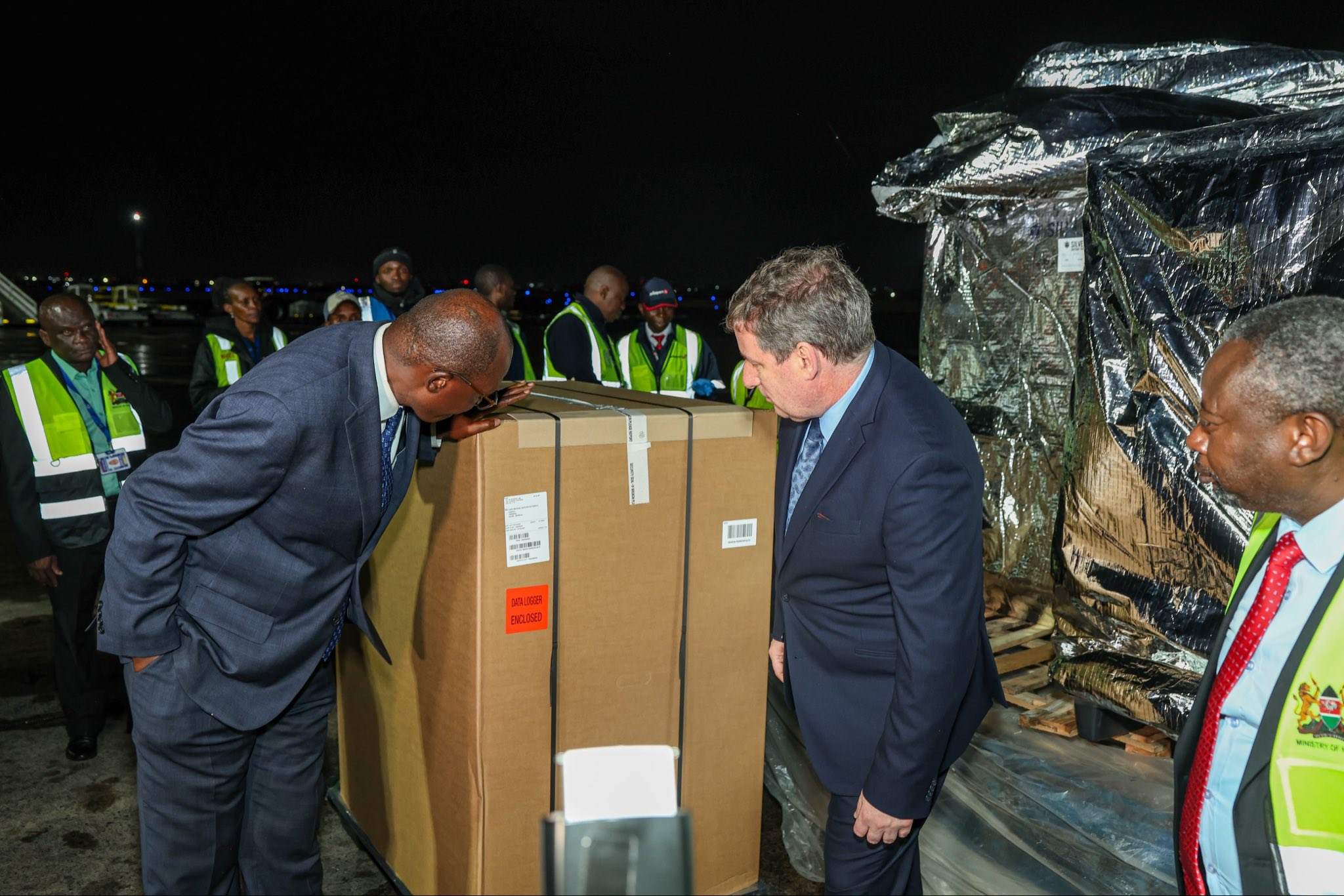The latest National Ethics and Corruption Survey has unleashed a startling revelation: Uasin Gishu and Baringo counties now top the list of corruption hotspots in Kenya, collecting the largest shares of reported national bribes.
The findings paint a harrowing image of county-level graft that threatens to erode public confidence in devolved governance.Uasin Gishu leads the pack with a shocking 11.12% share of all national bribe payments, followed by Baringo at 6.94%.
Close behind, Embu (5.54%), Homa Bay (5.32%), and Bomet (5.01%) completed the top five most corrupt counties. These five counties alone account for nearly a third of all bribery incidents recorded in the country.
Bribes Surge Across Counties.
A sharp increase in reported bribery—jumping from 17.7% to around 25.4% of survey participants over a single year—underscores a trend of growing desperation among Kenyans seeking essential public services.

Of those reporting bribe requests, 43% said payment was demanded, 23% claimed they paid because it was the only way to access the service, and 18% paid to avoid delays and bureaucratic roadblocks.Despite the payments, over three-quarters of bribe-payers voiced dissatisfaction, highlighting how corruption fails even basic expectations of service.
Local Governance Under Siege.
The survey’s county-level findings reveal that counties like Kakamega (4.30%), Tana River (4.12%), Kiambu (3.43%), Nyamira (3.33%), and Wajir (3.13%) are also grappling with systemic graft—evidence that corruption is far from isolated.
This level of county-level malfeasance threatens to undermine service delivery in health, transport, agriculture, and administrative sectors. Citizens report paying to secure land documents, health services, county jobs, and even sanitation approvals.
Why It Matters Now.
As Kenya deepens devolution, counties are expected to bridge national services with local needs. But when local administrations become synonymous with extortion, public trust deteriorates rapidly.
The dominance of a handful of counties in broader corruption undermines national development priorities and raises ethical red flags in the fight against public-sector graft.
What’s Next: Reform or Ruin?
With Kenya entering a pivotal election cycle, the corruption index sets the stage for intense political accountability. Citizens and civil society groups are demanding stronger enforcement of anti-corruption laws, transparent procurement, whistleblower protections, and severe consequences for corrupt local officials.
Unless decisive action follows this damning report, Kenya could face a legitimacy crisis—where devolved power franchises rife corruption faster into the public sector.
The integrity of county administration, service delivery, and even voting behavior may hinge on the government’s response to this emerging county‑level scandal.










Leave a Reply